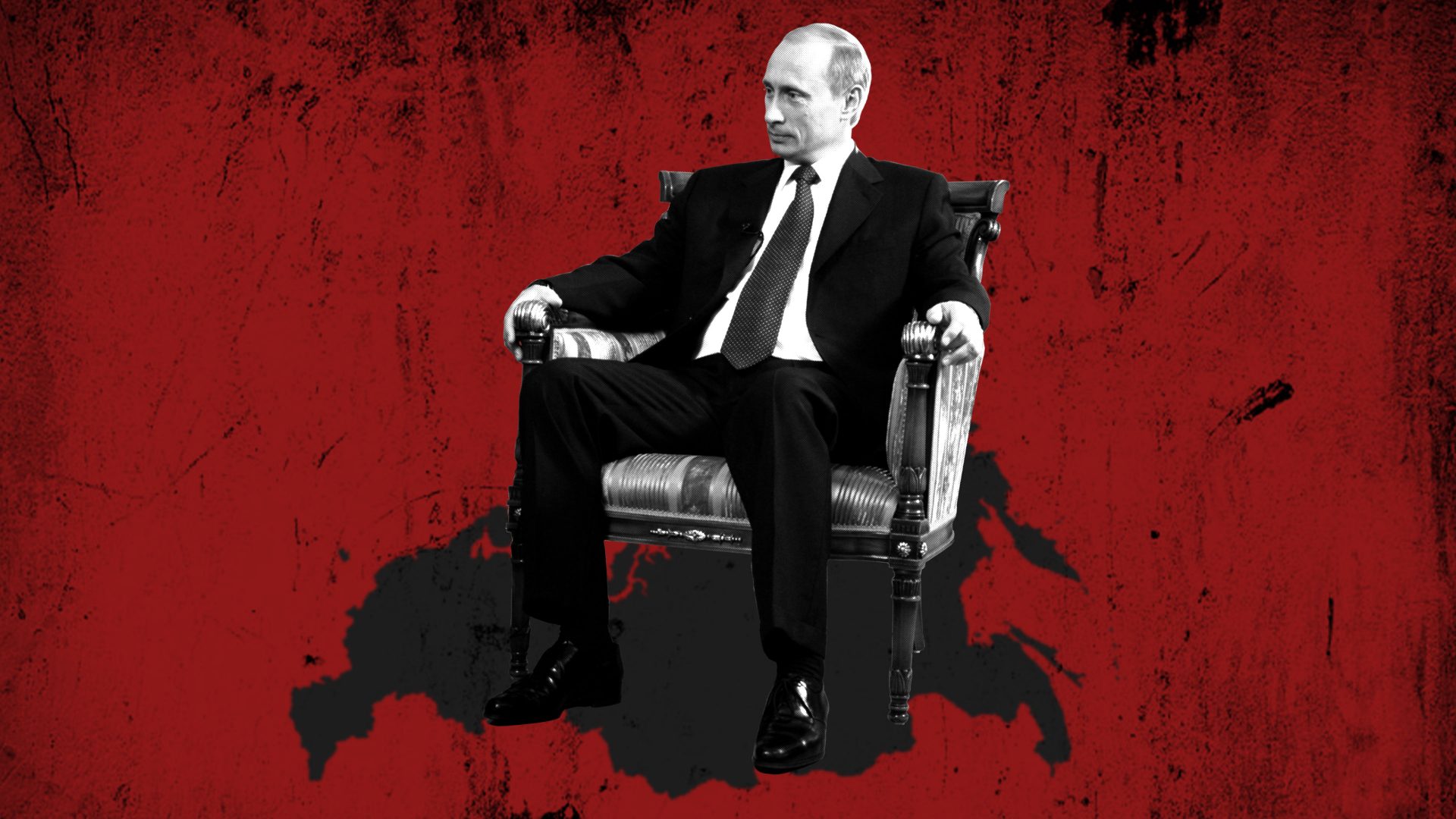Yevgeny Prigozhin, the head of the Wagner private military company, whose vocal criticisms of the Russian military hierarchy have been growing in volume and vitriol, has now seemingly declared war against the Russian ministry of defence. There are numerous videos online showing armed men and armoured vehicles surrounding the headquarters of Russia’s Southern Military District in the city of Rostov-on-Don, where much of the key operational decision making for the war in Ukraine is being done.
Prigozhin is demanding that defence minister Sergei Shoigu, a politician who has built his career on loyalty to Putin, and despite dressing like a general has never served in the military, comes to meet him. Prigozhin is claiming that Russia’s war in Ukraine is the result of a plot by defence bureaucrats to mislead president Vladimir Putin into a pointless conflict. Prigozhin is asking the Russian police, security services and military forces to stand aside while he gets “justice” for his troops, and then “justice for Russia”.
The security services have instead opened a criminal case against Prigozhin for instigating a coup and issued a warrant for his arrest, something they could have only presumably do with Putin’s agreement. An assumption supported by Putin’s comments this morning referring to events as a “stab in the back” and appealing for unity, whilst not mentioning Prigozhin by name.
Whilst Rostov is almost 700 miles from Moscow (over 12 hours drive for military equipment), the city has been put on high alert with an “anti-terrorist regime” in place and Netblocks has reported some restrictions on access to online news. It currently seems unlikely to suppose that Prigozhin could move on from Rostov and threaten Moscow, although the UK Ministry of Defence has said Wagner units are pushing further north from Rostov. It is unclear if Prigozhin has any wider support with those at the top of Russian society who have been distanced from Putin and hit by sanctions that could see his actions develop into a broader coup attempt. The situation is unclear and fast moving – this could be the end for Prigozhin or the start of something more seismic. A military confrontation between Wagner and the Russian army is a real possibility.
What might be most dangerous for Putin is that Prigozhin is articulating the frustration and disillusionment of the Russian soldiers on the ground in Ukraine. Prigozhin has very publicly said that this war is not about de-nazification, a motivation the solders bombarded with stories of second world war heroism could relate to, but was instead started because the defence minister wanted to be promoted from general to marshal. Much of his criticism over the last few months has focused on the generals running the war, their tactics, their failure to provide ammunition and equipment, and their failure to understand the blood sacrifice of his men. He has done this from the frontline. As the human wave warfare in Ukraine is reminiscent of the trench warfare in the first world war, so is this sentiment most eloquently expressed by Siegfried Sassoon is his poem The General.
“Good-morning, good-morning!” the General said
When we met him last week on our way to the line.
Now the soldiers he smiled at are most of ’em dead,
And we’re cursing his staff for incompetent swine.
“He’s a cheery old card,” grunted Harry to Jack
As they slogged up to Arras with rifle and pack.
But he did for them both by his plan of attack.
Ever since last September’s partial mobilisation there has been a litany of videos on social media showing complaints from Russian troops who were drafted, complaining of lack of training and equipment and contradictory orders. Many claimed to have been lied to about where they would be sent and what role they would perform. Morale amongst Russian soldiers was low when they were making minimal gains. As they now start to hand back territory they saw comrades die over during the Ukrainian offensive morale will sink even lower. They will be a receptive audience to Prigozhin’s blaming of their generals. Whatever Prigozgin’s fate he could unleash wider rebellion at the frontline.
No matter how this ends, Prigozhin has shattered Putin’s narrative around the “Special Operation”. It will be increasingly hard for Putin to sell his operation – and his fate may now be intrinsically linked with the fate of the war in Ukraine – as anything other than a needless and criminal mistake. That is a problem for Putin that will outlast events in Rostov.
Those celebrating the reporting of the mounting problems for Putin and highlighting the increasing weakness of his position should note his reference to 1917. Prigozhin is a man who has revelled in his unit’s execution of deserters with hammers. He has overseen brutality similar to that which began in 1917 with the Russian Civil War. Those who have read Anthony Beevor‘s Russia: Revolution and Civil War, 1917-1921 will know the chaos and utter savagery that war involved. Before his criminal invasion of Ukraine, internally Putin offered stability. His removal will bring chaos to a nuclear state. We should be careful what we wish for.










